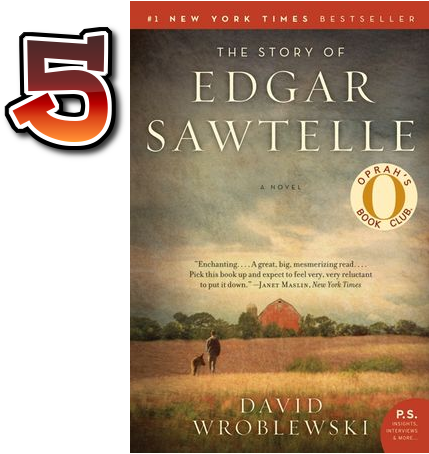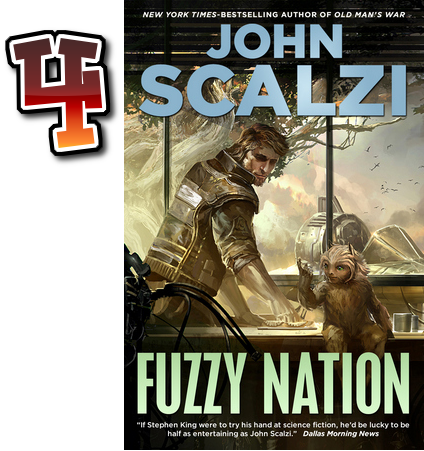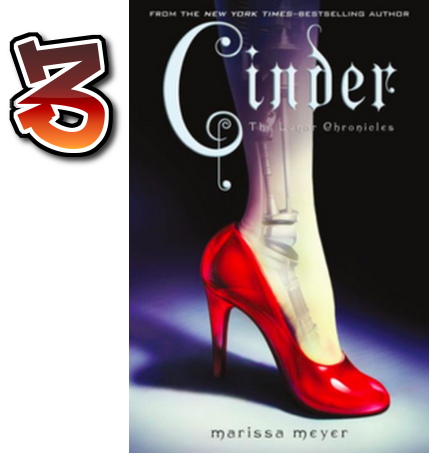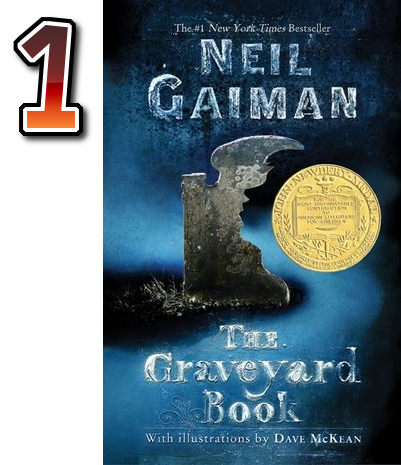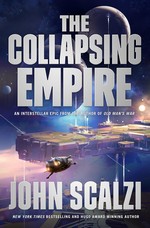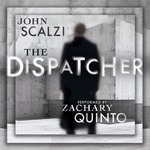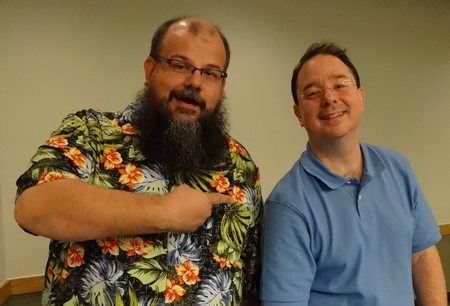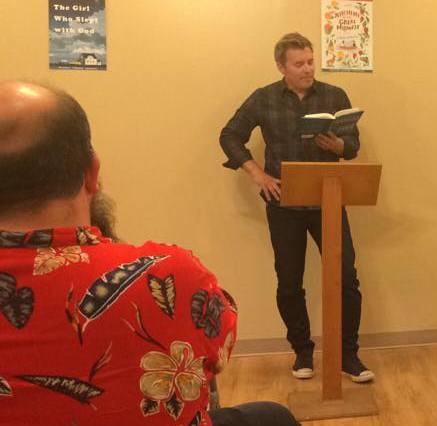Things are afoot at Irresponsible Reader HQ that made posting today impossible. However, I started the audiobook for this just for something to do. I remember thinking it was great, but I’d forgotten just how ridiculously fun this book is. Incidentally, Wil Wheaton is a fantastic choice to read this.
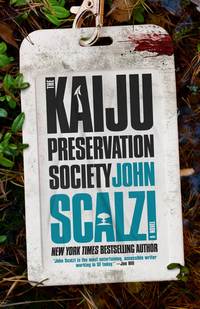 The Kaiju Preservation Society
The Kaiju Preservation Society
by John Scalzi
DETAILS: Publisher: Tor Books Publication Date: March 14, 2022 Format: Hardcover Length: 258 pg. Read Date: April 1-4, 2022

You have no idea how difficult it was for me to not say, ‘Welcome to Jurassic Park!’ to all of you just now.”
“Jurassic Park didn’t end well for anyone in it,” I pointed out. “Book or movie.”
“Well, they were sloppy,” Tom said. “We’re not sloppy. And, they were fictional. This is real.”
What’s The Kaiju Preservation Society About?
Jamie Gray drops out of his Ph.D. program (writing a dissertation on utopian and dystopian literature) thanks to a quarter-life crisis that gets him to want to make a lot of money. So he goes to work for a tech startup, starts to make decent money, and gets fired just as COVID lockdowns start. He starts scraping by on his savings and meager work for a food-delivery app.
Until he delivers shawarma to Tom one day—the two were acquaintances in college, and they have a brief conversation where a couple of things come out—Jamie hates delivering food, and the NGO that Tom works for has an immediate need of someone on his team. He doesn’t give Tom a lot of information, but that the work involves travel and large animals. His team is set to depart soon, and they can’t without a full team. They just need someone who can, and is willing to, lift things. Tom points out his nice condo as proof that they pay well. Jamie signs on.
A few days later, Jamie and a few other new people on the team find out what the initials in KPS stand for—after it’s too late for them to back out. They’ve traveled to a parallel Earth populated by Kaiju for a six-month stint at one of the human bases.
Obviously, like the book and movie referenced above, things go wrong. They just have to for the sake of a novel, right? (but up until then, I think I could’ve made a case for this being an entire novel without that—it exists as one for longer than I expected—and I would’ve liked it just as much as the one Scalzi delivered).
The Science Fiction-y bits
Given Tom’s work, and Jamie’s, Scalzi’s able to gloss over a lot of the how-they-eat-and-breathe (and other science facts…la! la! la!) stuff, but he does reference things like the square-cube law when it comes to enormously big creatures. Jamie’s new friends include scientists who can deliver some of the biology, chemistry, etc. that are needed for the story—but when it’s needed, they’re always explaining it to the liberal arts guy on their team, so the reader doesn’t have to wade through the heady stuff (something Michael Crichton could’ve used, for example).
It’s not a perfect way to deal with these things, but it sure works well, and Scalzi feeds it to the reader in his usual charming way, so I embraced it.
Pop*.* Fiction
In his Author’s Note, Scalzi states:
KPS is not, and I say this with absolutely no slight intended, a brooding symphony of a novel. It’s a pop song. It’s meant to be light and catchy, with three minutes of hooks and choruses for you to sing along with, and then you’re done and you go on with your day, hopefully with a smile on your face. I had fun writing this, and I needed to have fun writing this. We all need a pop song from time to time, particularly after a stretch of darkness.
I’d been describing it as a popcorn movie in a book. He says pop song. It’s pop-something.
It’s the movie you escape to in the middle of a heatwave and forget about the oppressive weather, the sun, and everything else to enjoy the heat and some pure entertainment. It’s the song you find yourself overplaying because it’s just so catchy until you get sick of it (although you can’t help singing along) and abandon it for years until it comes up on some random mix and you become obsessed with it again for a couple of weeks.
What I found striking about Scalzi saying that is that it reminds me of Seanan McGuire’s comments about the last Toby Daye novel—she needed to write something like that (and I enjoyed it for similar reasons to this one). Are we going to see more books like this from other authors soon? Did 2020/2021 gift us a slew of authors writing happy books as a way to shake it off? (I wonder if Winslow’s Free Billy fits here).
Frankly, I hope so.
So, what did I think about The Kaiju Preservation Society?
“Why isn’t he eating us?” I asked. We were now close enough to Edward that this was not an entirely irrelevant question.
“He’s asleep,” Satie said.
I glanced over at him. “Asleep?”
“They sleep, yup.”
“How can you tell when he’s asleep?”
“He’s not eating us, for one,” Satie said. “You can’t see his eyes, for another.”
I love popcorn movies, I love pop songs like that…and well, you can probably see where that’s going. I’m not the world’s largest Kaiju fan (don’t actively dislike them, either), but it really doesn’t matter, this book skips all that and jumps right to the pleasure center of the brain the same way a catchy tune can.
Reading The Kaiju Preservation Society reminded me of the first time I read Ready Player One (before the movie, distance, and the sequel made me take a second/third/fourth look at it). Or Snow Crash (a wise reference for Scalzi to make early on). It sort of reminded me of the first time I read High Fidelity, too. The catchy, irreverent narrative; the snappy dialogue; the first-person narrator you click with right away*…it just took me a few pages to know that I was going to find nothing but joy in these pages.
*or probably never.
And really, I don’t have a lot to say about the book beyond this. It brought me joy for a couple of days. Thinking about it now is doing the same thing. Go get your hands on this text-based dopamine hit in your preferred medium (I bet Wheaton’s audiobook narration is perfect), sit back, and enjoy yourself.

This post contains an affiliate link. If you purchase from it, I will get a small commission at no additional cost to you. As always, opinions are my own.
![]()



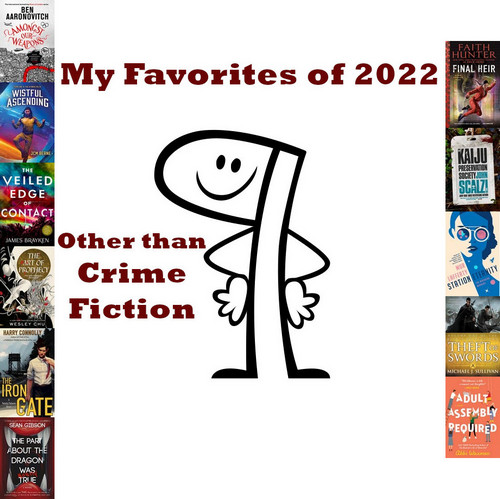
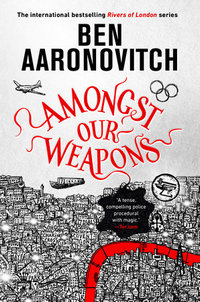

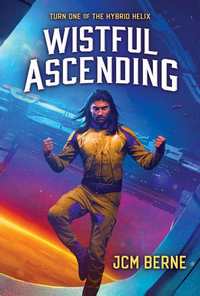
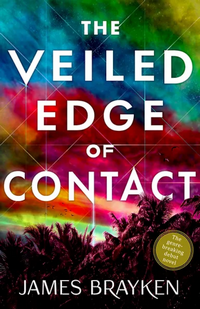

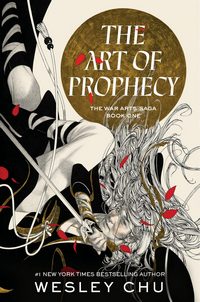

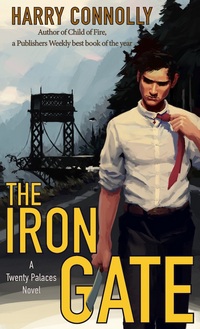
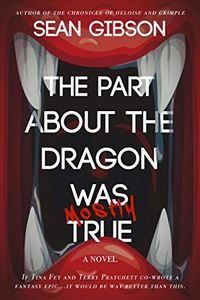
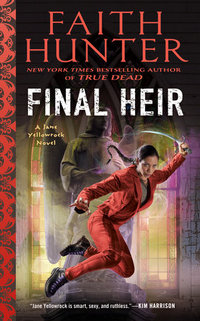
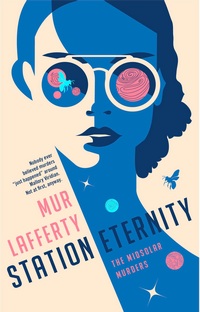
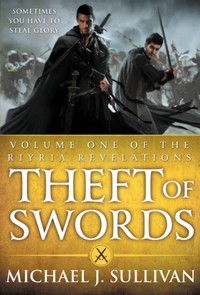
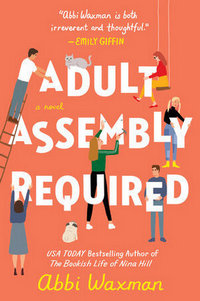



 Grab a book, any book.
Grab a book, any book.

